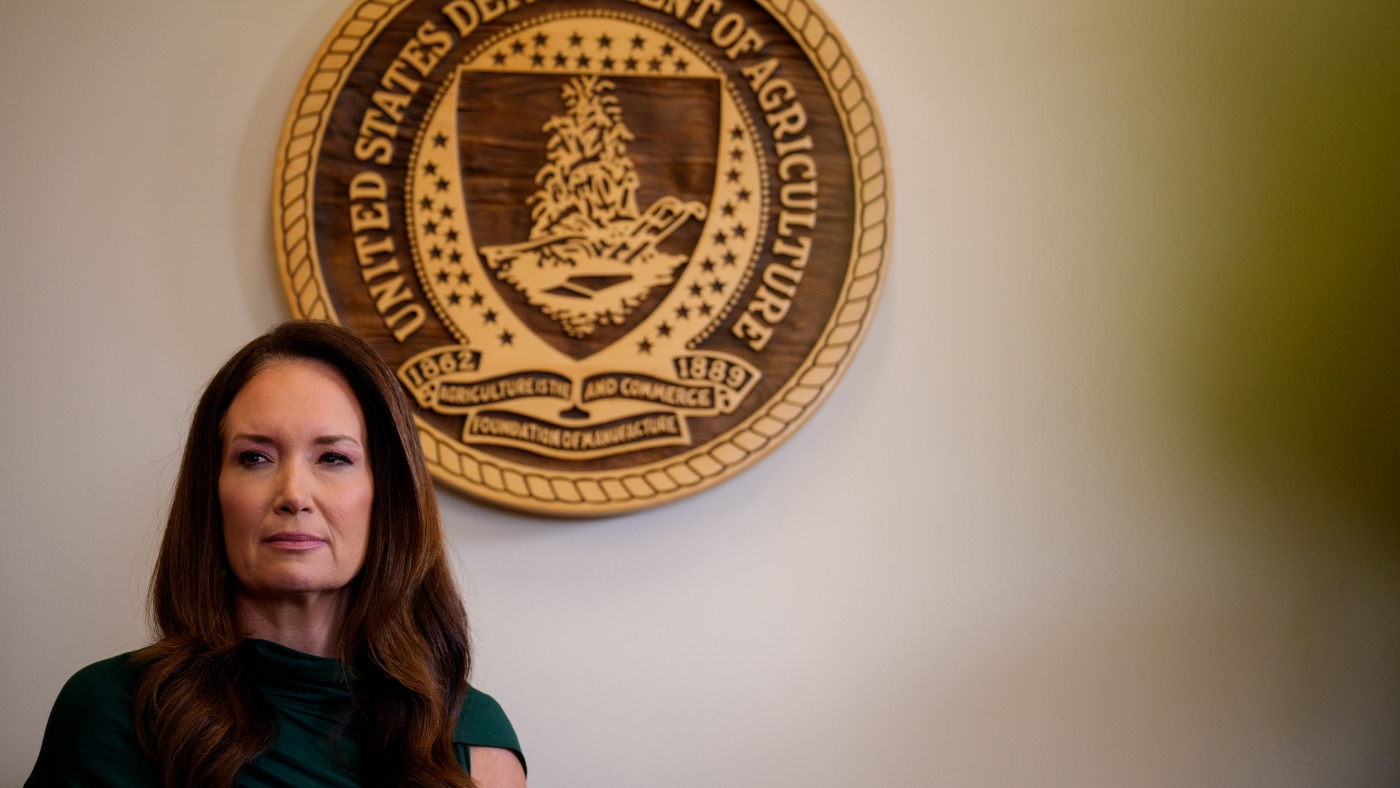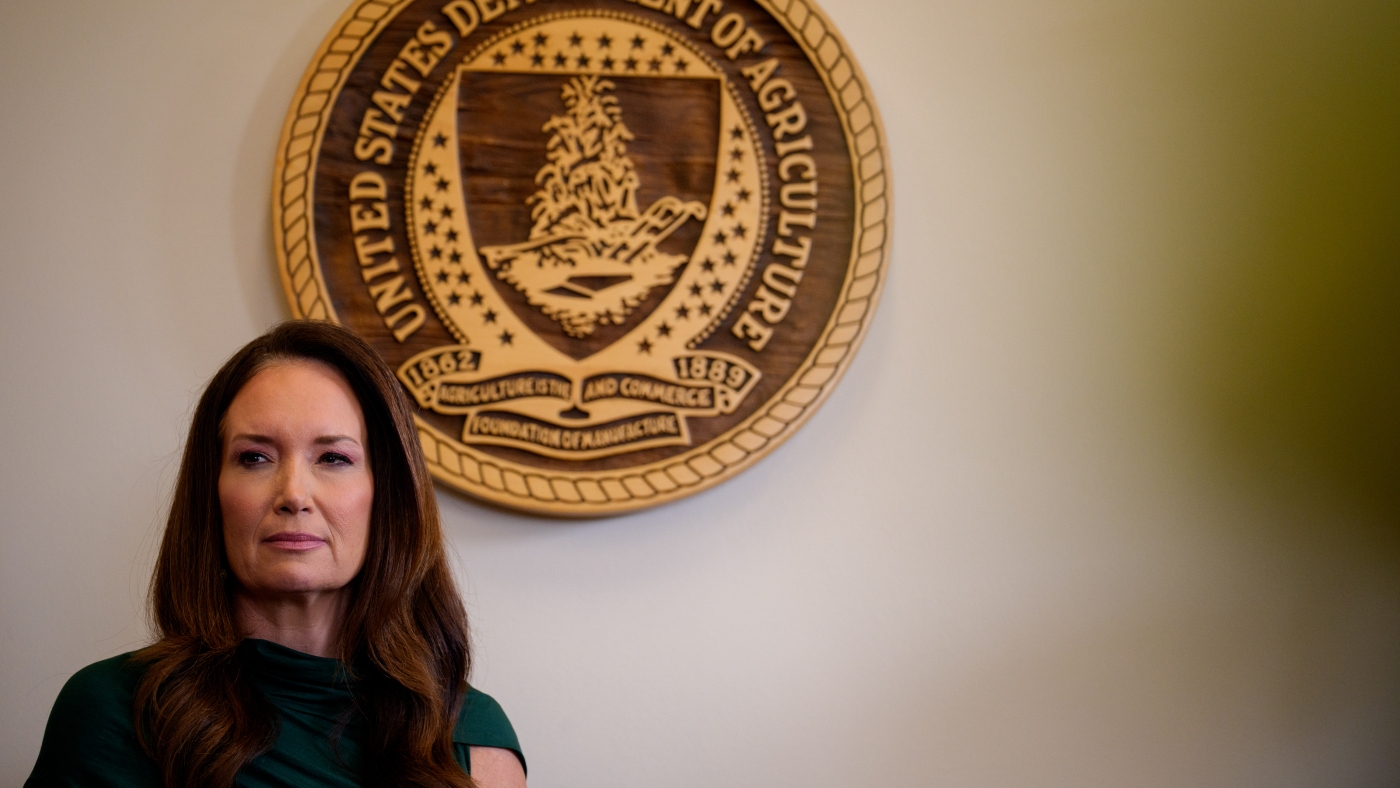Introduction
In the digital age, data privacy has become a contentious battleground, pitting government oversight against individual rights. The U.S. Department of Agriculture (USDA) recently found itself at the center of this debate with its ambitious attempt to collect extensive personal data from Supplemental Nutrition Assistance Program (SNAP) recipients. This initiative, which sought to amass sensitive information from over 40 million individuals, sparked a firestorm of criticism, legal challenges, and political pushback. The controversy raises critical questions about the scope of data collection, the justification for such efforts, and the potential risks to privacy and security.
The Scope of the Data Demand and Initial Response
The USDA’s data demand was nothing short of sweeping. The agency requested a vast array of personally identifiable information (PII), including names, birth dates, Social Security numbers, addresses, and citizenship status, spanning five years of application and enrollment data. This was not a routine data check but a comprehensive data grab that raised immediate red flags.
The response from lawmakers and advocacy groups was swift and unequivocal. Thirty-five House members, led by Representatives Lori Trahan (D-Mass.) and others, expressed their “deep concern” and demanded an immediate halt to the data collection. They argued that the USDA had failed to provide a reasonable justification for such an intrusive request, highlighting the inherent cybersecurity and privacy risks. Civil society groups echoed these sentiments, labeling the demand unlawful and posing a significant threat to the privacy of SNAP recipients.
Legal Challenges and the Lawsuit
The controversy quickly escalated into legal action. A lawsuit filed in Washington, D.C., accused the USDA of violating federal privacy laws by ordering states and their vendors to hand over sensitive data. The lawsuit contended that the data collection exceeded the USDA’s statutory authority and infringed upon the privacy rights of SNAP recipients. This legal challenge underscored the seriousness of the situation and the belief that the USDA’s actions were not only questionable but potentially illegal.
Adding to the pressure, a coalition of over 50 civil society groups urged governors and legislative leaders in states with Democratic control to resist the USDA’s demands. This coordinated effort demonstrated the widespread opposition to the data collection initiative and the determination to safeguard the privacy of vulnerable populations.
Palantir’s Involvement and Further Scrutiny
The controversy extended beyond the USDA to implicate Palantir Technologies, a data analytics firm with a history of working with government agencies. Democratic lawmakers demanded answers from Palantir regarding its role in potentially enabling and profiting from what they deemed “serious violations of Federal law.” Concerns centered around Palantir’s capacity to build a “mega database” of sensitive information, raising fears about potential misuse and the erosion of privacy.
Palantir’s involvement added another layer of complexity to the situation, highlighting the potential for private companies to profit from the collection and analysis of sensitive government data. Lawmakers questioned whether Palantir’s involvement aligned with its contractual obligations and whether adequate safeguards were in place to protect the privacy of SNAP recipients.
USDA’s Response and Temporary Pause
Faced with mounting pressure, the USDA announced a temporary pause in its demand for sensitive data. In court filings, the agency stated it had not yet begun collecting the data, suggesting a degree of responsiveness to the concerns raised. However, this pause was not a complete reversal, and the USDA maintained its position that the data collection was necessary for program oversight and improvement.
The pause provided a temporary reprieve, but the underlying issues remained unresolved. The USDA needed to provide a clear and compelling justification for its data collection efforts, demonstrate that adequate safeguards were in place to protect the privacy and security of SNAP recipients, and address the concerns raised by lawmakers and privacy advocates.
Broader Implications for Data Privacy and Government Oversight
This controversy extended beyond the specifics of the USDA’s data collection initiative, raising fundamental questions about the balance between government oversight and individual privacy. It highlighted the need for comprehensive data privacy legislation and the potential for data collection to be driven by political agendas.
The incident underscored the growing need for clear regulations to protect individuals from the unchecked collection and misuse of their personal data. The recent bipartisan effort to introduce legislation making privacy a consumer right signaled a growing recognition of the importance of data privacy protections. The USDA’s actions also raised concerns about the politicization of data and the potential for misuse of information for partisan purposes.
Conclusion: A Critical Juncture
The USDA’s attempt to collect sensitive data from SNAP recipients represented a critical juncture in the ongoing debate over data privacy and government oversight. The swift and forceful response from lawmakers, the legal challenges, and the public outcry demonstrated a growing awareness of the importance of protecting individual privacy in the digital age.
The temporary pause in data collection was a positive step, but it was not enough. The USDA must demonstrate a genuine commitment to transparency, accountability, and data privacy. This requires a clear and compelling justification for any data collection efforts, robust safeguards to protect sensitive information, and a willingness to engage in meaningful dialogue with stakeholders.
Ultimately, this situation served as a stark reminder that the protection of privacy is not merely a legal obligation but a fundamental ethical imperative. The future of data privacy hinged on the collective ability to strike a balance between legitimate government interests and the fundamental rights of individuals.








